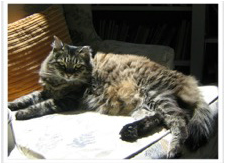 RIP Lizzie, buried beneath a holly bush
RIP Lizzie, buried beneath a holly bush I've written before about former zookeeper Kristin Zabawa's beautiful photos of people and their animal kin. Now I'm proud to support her IndieGoGo campaign to bring these "Soul Sessions" to anyone whose pet is dying, free of charge.
Equally heartfelt is Alison Perry's drive to create a hospice for veterans in Central Oregon on a working ranch that also provides skills and community for younger vets who are struggling. I've donated in honor of Vietnam Vet Tom Norton, who has done so much for so many in our community, including other vets.
Alongside these human-scale projects that offer solace through personal connection is a more ambitious enterprise that seeks to change the way we die in our cities. The Urban Death Project is creating a model facility that allows us to compost our bodies. I love that they view death as "momentous, miraculous, and mysterious," that they recognize that "the cycles of nature help us grieve and heal," and that they uphold the vision that "our bodies are full of life-giving potential". All that, and they've placed ceremony at the heart of their design.
Please check out these great projects, and consider supporting them and sharing with others. Click on each image to learn more.


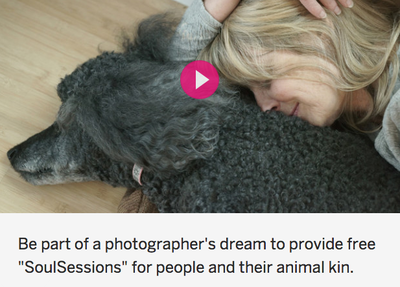
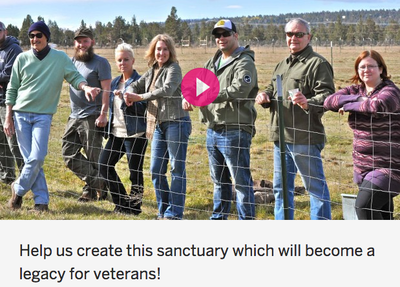
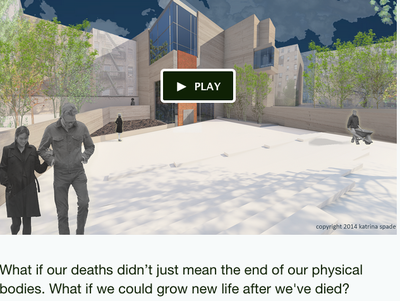
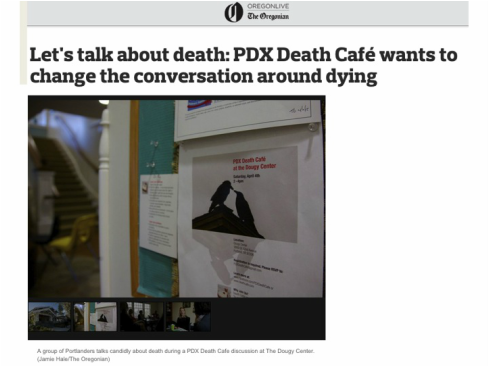
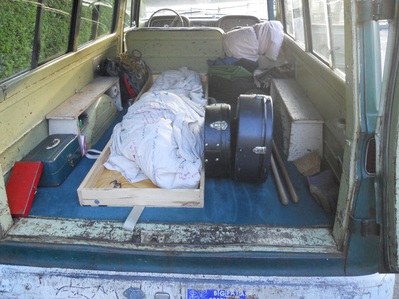
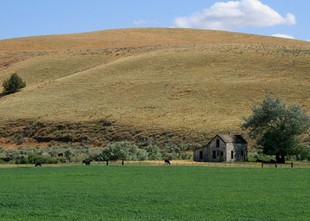
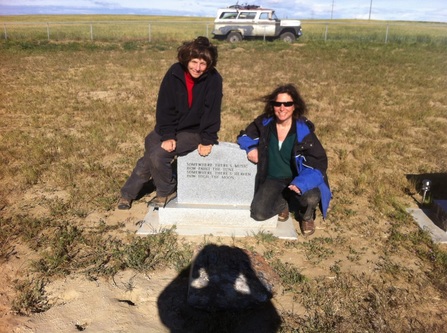
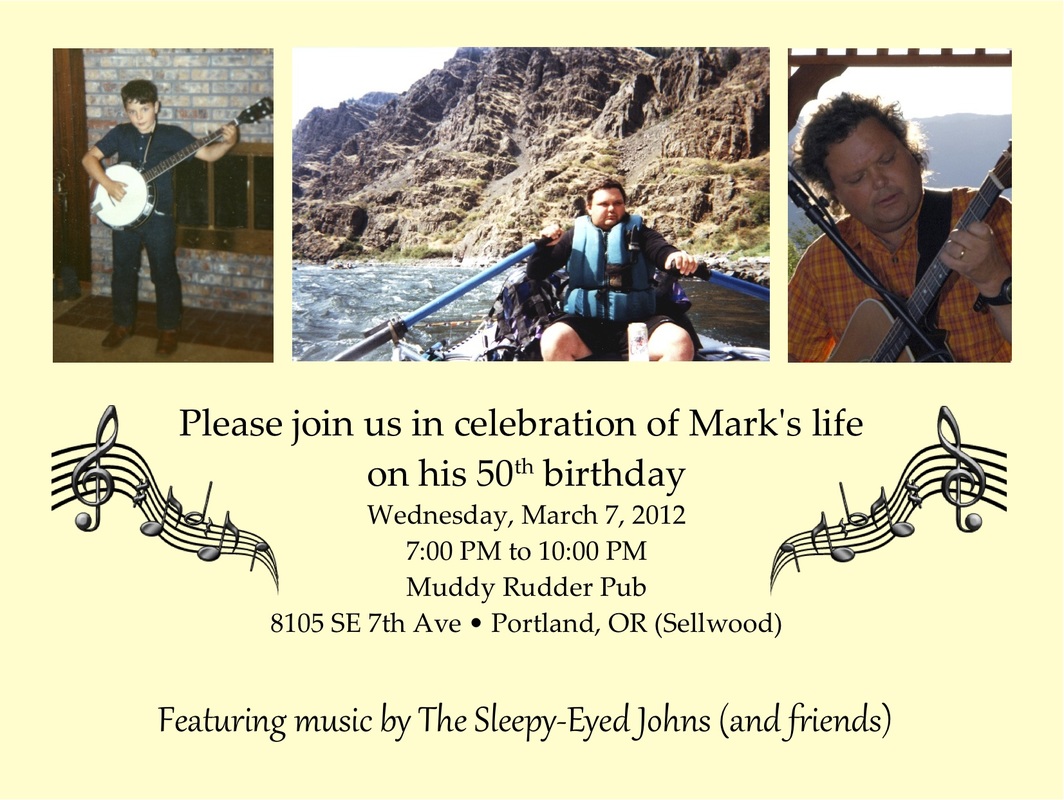
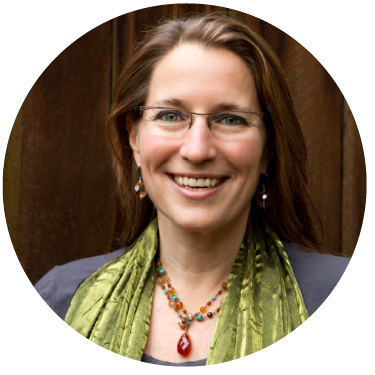
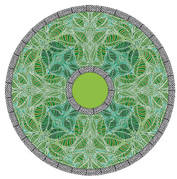
 RSS Feed
RSS Feed